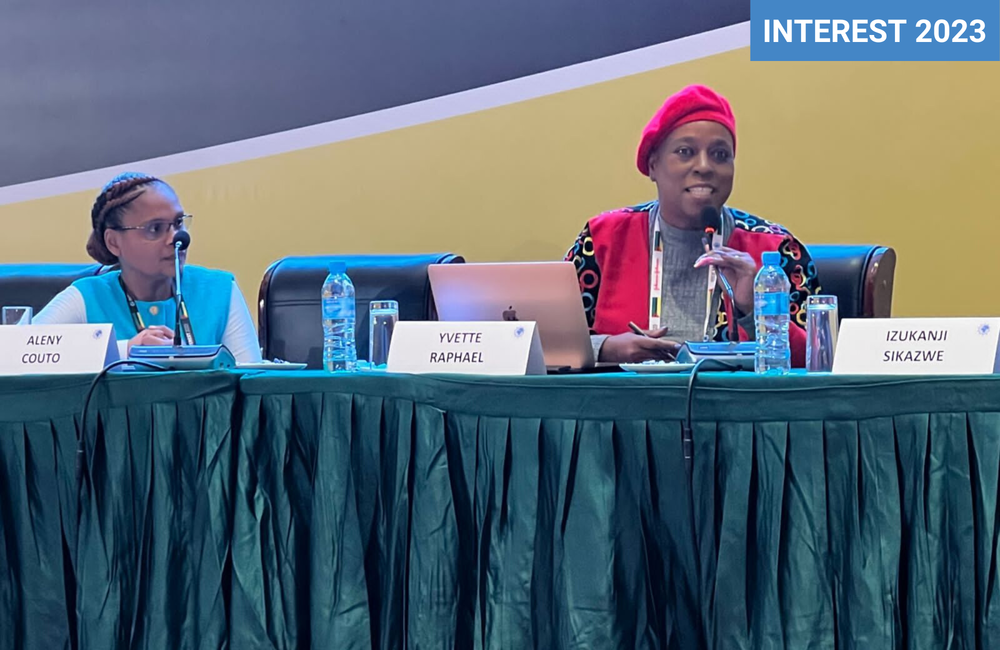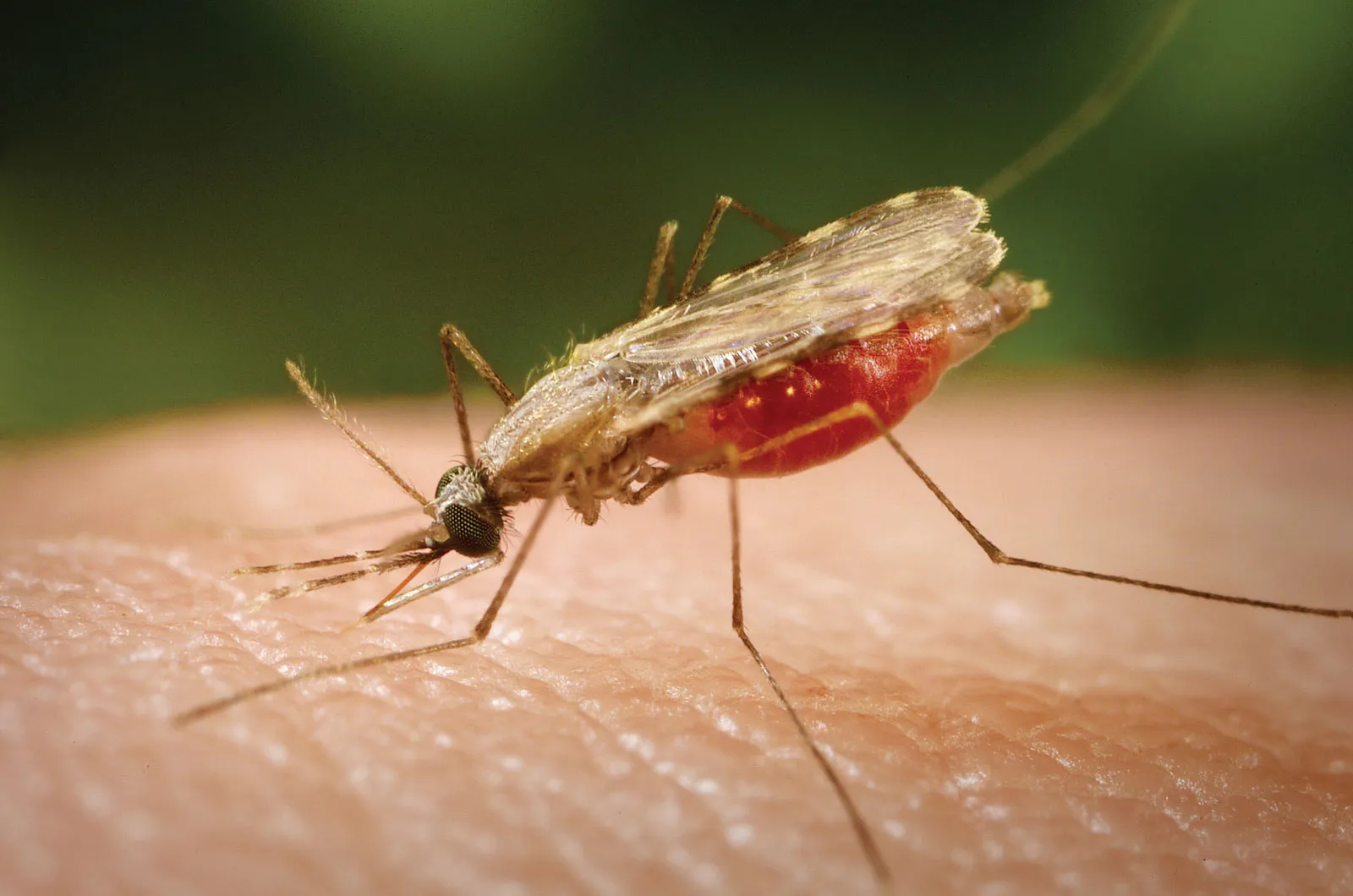African countries are witnessing a transition from donor funding to domestic resource mobilization for their response to HIV. This article summarizes various studies on the public financing of HIV programmes in many African countries to explain the shift from overwhelming international funding to government financing.
International funding remains the highest contributor to the HIV/AIDS response in Africa. This threatens the sustainability of HIV programmes, particularly with increasing pressures on international budgets. This is already being witnessed with decreased donor funding for Malaria, HIV/AIDS and TB in recent years. To sustain the current progress, domestic financing and leadership are critical.
Studies from Nigeria, South Africa, Nigeria, Uganda and Tanzania show that governments are now thinking about and establishing alternative financing mechanisms to support HIV programmes. However, more African countries still need to reinforce policies and strategies to increase domestic funding of their HIV programmes.



